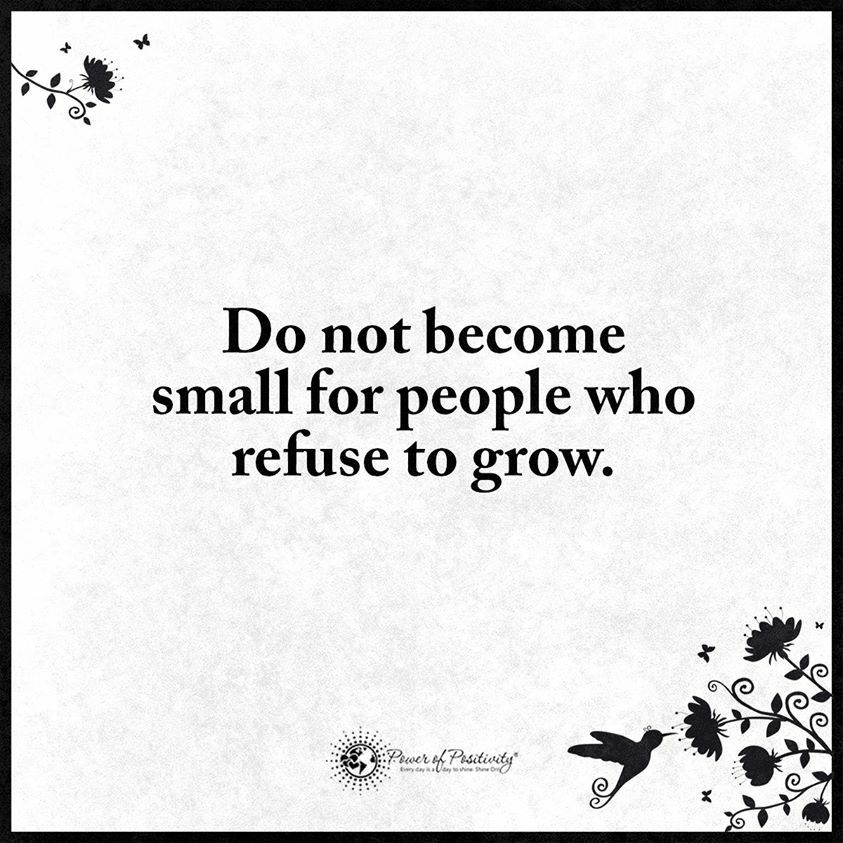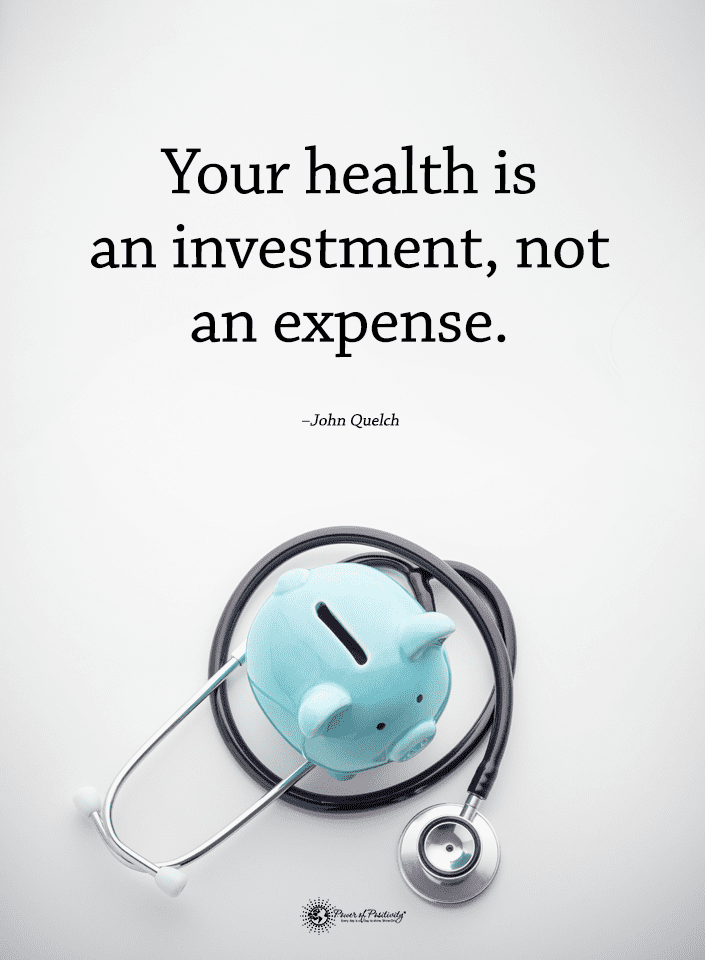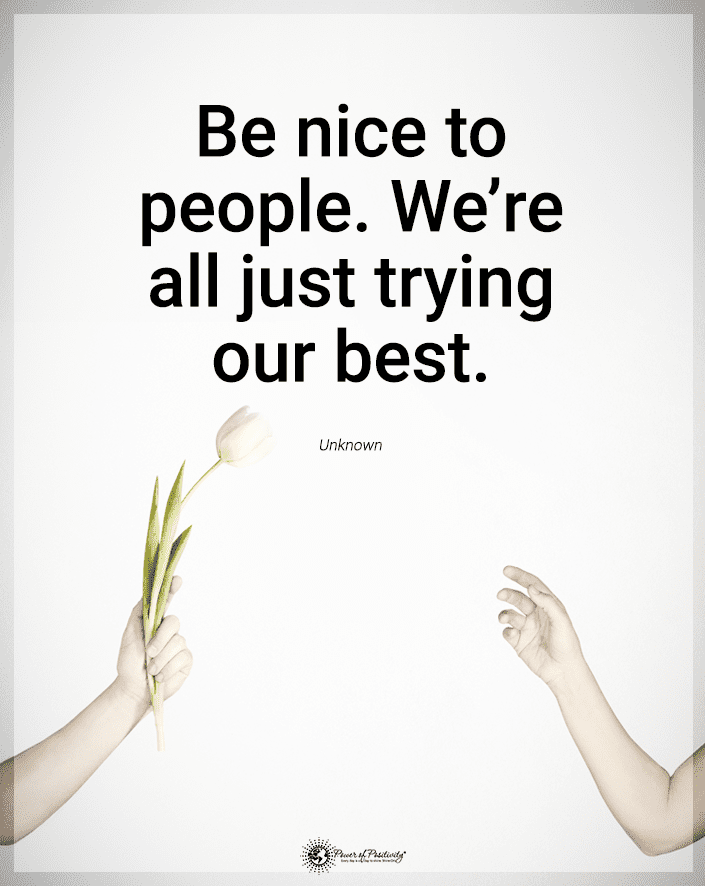Life lessons are important because they allow people to learn from their experiences and grow. Dealing with challenges can teach valuable skills such as problem-solving, decision-making, and resilience. These lessons can also help individuals develop their sense of self, understand and navigate relationships, and make better choices in the future.
Life lessons can also provide a sense of purpose and direction, helping individuals to understand their place in the world and their role in shaping it. Learning from life lessons can help individuals lead happier, more fulfilling lives and become the best version of themselves. Life experiences, including successes and failures, shape individuals and influence their perspectives, behaviors, and reactions to future challenges.
Failure, in particular, can serve as a valuable learning opportunity and help individuals develop resilience, perseverance, and a growth mindset. As people navigate through their lives, they will encounter various obstacles. Staying motivated and maintaining a positive outlook can be challenging when life knocks you down.
However, it is essential to remember that failure is a natural part of life, and it is often through these difficult experiences that individuals learn and grow the most. Instead of letting setbacks define you, try to view them as opportunities for growth and self-improvement. Learn from your mistakes, and take responsibility for your actions. Then, you need to use the lessons you’ve learned to make better choices in the future.
10 Life Lessons for Getting Back Up When You Are Down

1. Accept responsibility for your actions
Accepting responsibility for your actions is one of the hardest lessons you will have to learn. But it’s also the life lesson that has the potential to help you overcome most hardships and move forward. Accepting responsibility for your actions is essential in taking control of your life and moving forward after a setback.
When you take responsibility for your actions, you acknowledge that you played a role in the outcome, good or bad, and can learn from it. This mindset allows you to identify what went wrong, make changes, and avoid repeating the same mistakes in the future. However, accepting responsibility doesn’t mean taking blame or feeling guilty. Instead, it’s about recognizing one’s role in a situation and learning from it.
2. Keep a positive attitude despite those life challenges
Keeping a positive attitude is an essential life lesson when life knocks you down. A positive attitude can help you to stay motivated and maintain a sense of hope and optimism even in difficult times. It allows you to focus on the things that are going well in your life rather than dwelling on negative thoughts and feelings.
To cultivate a positive attitude, try to focus on the present moment and surround yourself with positive people. You can also try to reframe negative thoughts into positive ones and engage in activities that bring you joy and fulfillment. Having a positive attitude doesn’t mean ignoring problems or being in denial. It’s about finding ways to see the good in difficult situations and to keep moving forward.
3. Learn from life failures
Learning from failure is an essential aspect of personal growth and development. Failure is a natural part of life; it is often through these difficult experiences that individuals learn and grow the most. When you experience failure, it’s essential to take the time to reflect on what happened and to learn from your mistakes.
Learning from failure can help you develop a growth mindset, become more resilient, and make better choices in the future. It can also help you better understand yourself, your strengths and weaknesses, and what you can achieve. Failure is not a setback but a step forward in your development journey and an important life lesson to be learned.
4. Stay resilient
Resilience is the ability to bounce back from setbacks and to keep going in the face of adversity. It is a key quality that can help individuals to navigate life’s challenges and to achieve their goals. When life knocks you down, staying resilient can help you to maintain a positive outlook, cope with stress, and keep moving forward. Resilience is not a trait that one is born with, but it can be developed over time through effort and practice. It’s a life lesson that will often have to be learned the hard way, but you need to make an effort to find meaning in adversity.
5. Take care of yourself
Taking care of yourself is essential for maintaining physical, emotional, and mental well-being. It is crucial to prioritize your needs and make self-care a routine. When life knocks you down, taking care of yourself can help you stay resilient and cope with stress.
You should try to get enough sleep, exercise regularly, and have a balanced diet. Mental self-care is just as important. It’s essential to take time for yourself, to relax and unwind, and to engage in activities that bring you joy. It can also be helpful to practice mindfulness and meditation, which can help you stay grounded and focused during difficult times.
This might not seem like a life lesson, but it’s an aspect that too many ignore. When you experience failure, it can be easy to fall into negative thinking and behavior patterns and neglect self-care. Taking care of yourself is not selfish. It’s essential for your overall well-being and will help you be a better version of yourself.

6. Practice gratitude for the blessings in your life
Practicing gratitude means taking the time to appreciate and be thankful for the things you have rather than focusing on what you lack. It’s about recognizing the good things in your life, no matter how small they may be. When life knocks you down, practicing gratitude can help you maintain a positive outlook and to find hope in difficult situations.
It can also improve your emotional well-being, decrease stress levels and even improve your physical health. Practicing gratitude is a simple yet powerful life lesson that can improve your overall well-being and help you find joy and fulfillment. And some easy tips for this are to pay attention to the present, keep a gratitude journal and take time to help people.
7. Stay true to yourself
Staying true to yourself means being honest about your values, beliefs, and desires. It’s about making choices that align with them rather than trying to be someone you’re not or following the crowd. It also means being true to your word, standing up for your beliefs, and being authentic in your interactions with others.
Staying true to yourself can help you get back up after failure because it gives you a clear sense of purpose and direction. Being true to yourself allows you to learn from your mistakes and grow from them rather than feeling defeated or discouraged. When you are grounded in your sense of self, it is easier to have the resilience to keep going and moving forward.
8. Learn to forgive those who wrong you throughout life
Another vital life lesson you must acquire is the grace to forgive and move on. Forgiveness is releasing feelings of resentment or vengeance towards someone who has wronged you.
It is an essential aspect of emotional and mental well-being, as holding onto feelings of anger and resentment can negatively affect one’s mental and physical health. However, forgiveness is not always easy and may take time; you must try to understand the other person’s perspective. It can also be helpful to focus on the present and future rather than dwelling on the past.
9. Believe in yourself as you face challenges
Believing in yourself can be a powerful tool for overcoming failure. Failure is a natural part of life and can often be a valuable learning experience. When faced with failure, it’s essential to maintain a positive attitude and not let it define you as a person.
Instead, focus on what you can learn from the experience and how to apply that knowledge to future endeavors. If you look at it right, anything can become an important life lesson. Remember that failure is not a permanent state. Everyone experiences setbacks, but it’s how you handle them that matters.
Believing in yourself and your abilities can help you stay motivated and determined to keep moving forward. Set realistic goals and expectations for yourself. It’s easy to become discouraged if you’re aiming too high and not seeing progress. Setting smaller, more achievable goals can build momentum and confidence in your abilities.
10. Seek help to overcome challenges when needed
Seeking help is a valuable way to overcome failure. Failure can be a complicated and overwhelming experience, and it’s essential to have support and guidance. The life lesson you need to learn is that needing help is nothing to be ashamed of. One way to seek help is to talk to a trusted friend or family member.
They can provide a listening ear and offer a fresh perspective on the situation. Another way to seek help is to seek professional support. A therapist, counselor, or coach can help you process your emotions and work through any underlying issues contributing to the failure.
They can also help you create an action plan to overcome the failure and move forward. You can even seek help in the form of mentorship or professional guidance. For example, if you are facing failure in your career, you can seek a mentor who can offer advice and guidance on navigating your challenges.
Final Thoughts on Life Lessons for Getting Back Up After Life Knocks You Down
Whenever life knocks you down, your only options are to sink even deeper or to get back up and learn something from those experiences. The more life lessons you acquire, the easier it will be for you to get back up again. These lessons are hard to learn, but they are very rewarding.
One of the first steps is to learn to take accountability and have the desire to be better. But you must also have a positive attitude and be kind to yourself. Then, of course, you will need to work to fix what went wrong, but you still need to take care of yourself. And remember that asking for help is always a sign of strength during challenges.


















